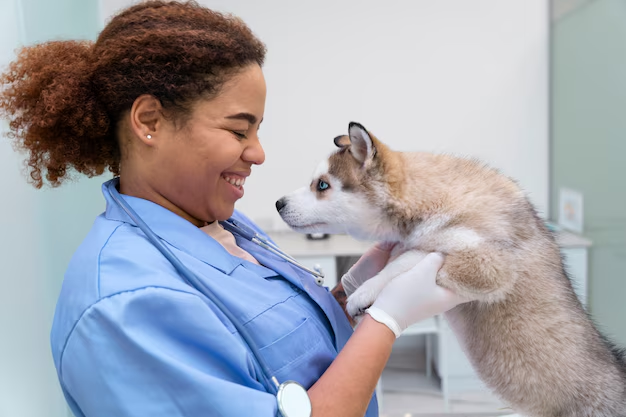How to Become a Certified Veterinary Technician: Educational Pathways and Certifications
Embarking on a career as a Certified Veterinary Technician requires a commitment to both education and professional development, ensuring competence and expertise in animal healthcare. The journey typically begins with obtaining an Associate's Degree in Veterinary Technology, often from a program accredited by the American Veterinary Medical Association (AVMA). This foundational education equips aspiring technicians with vital knowledge and skills in areas such as animal anatomy, pharmacology, and lab procedures. Following the completion of an educational program, candidates must pass the Veterinary Technician National Examination (VTNE), a comprehensive test that assesses their proficiency and aptitude for the role.
Beyond the basic requirements, additional certifications can enhance a veterinary technician's credentials and career prospects. Specializing in fields such as anesthesia, dentistry, or emergency care through the National Association of Veterinary Technicians in America (NAVTA) can broaden a technician’s skill set and open doors to more specialized career opportunities. Continual learning and professional development are key in this dynamic field, underscoring the importance of educational programs that can guide individuals through these multifaceted educational requirements.
Key Educational Pathways and Certifications for Aspiring Veterinary Technicians
-
🎓 Associate's Degree in Veterinary Technology
Accredited by the American Veterinary Medical Association (AVMA). -
📜 Veterinary Technician National Examination (VTNE)
A requisite test to gain certification as a veterinary technician. -
🏅 Specialty Certifications (e.g., anesthesia, dentistry)
Offered by the National Association of Veterinary Technicians in America (NAVTA) for advanced expertise.
Exploring these pathways not only fulfills the obligatory educational requisites but also enhances practical knowledge, ensuring veterinary technicians are well-equipped to deliver exemplary care in diverse veterinary settings.

Related Topics
- Becoming Dental Hygienist
- Becoming A Phlebotomist
- Dental Hygienist Duration
- Dialysis Tech Timeline
- Dialysis Technician Timeline
- Flight Paramedic Duration
- Hygienist Timeline
- Become Lab Tech
- Mammography Tech Timeline
- MRI Technologist Duration
- Nurse Technician Timeline
- Pathologist Assistant Timeline
- Pediatric Sonographer Timeline
- Pharm Tech Timeline
- Pharmacy Technician Timeline